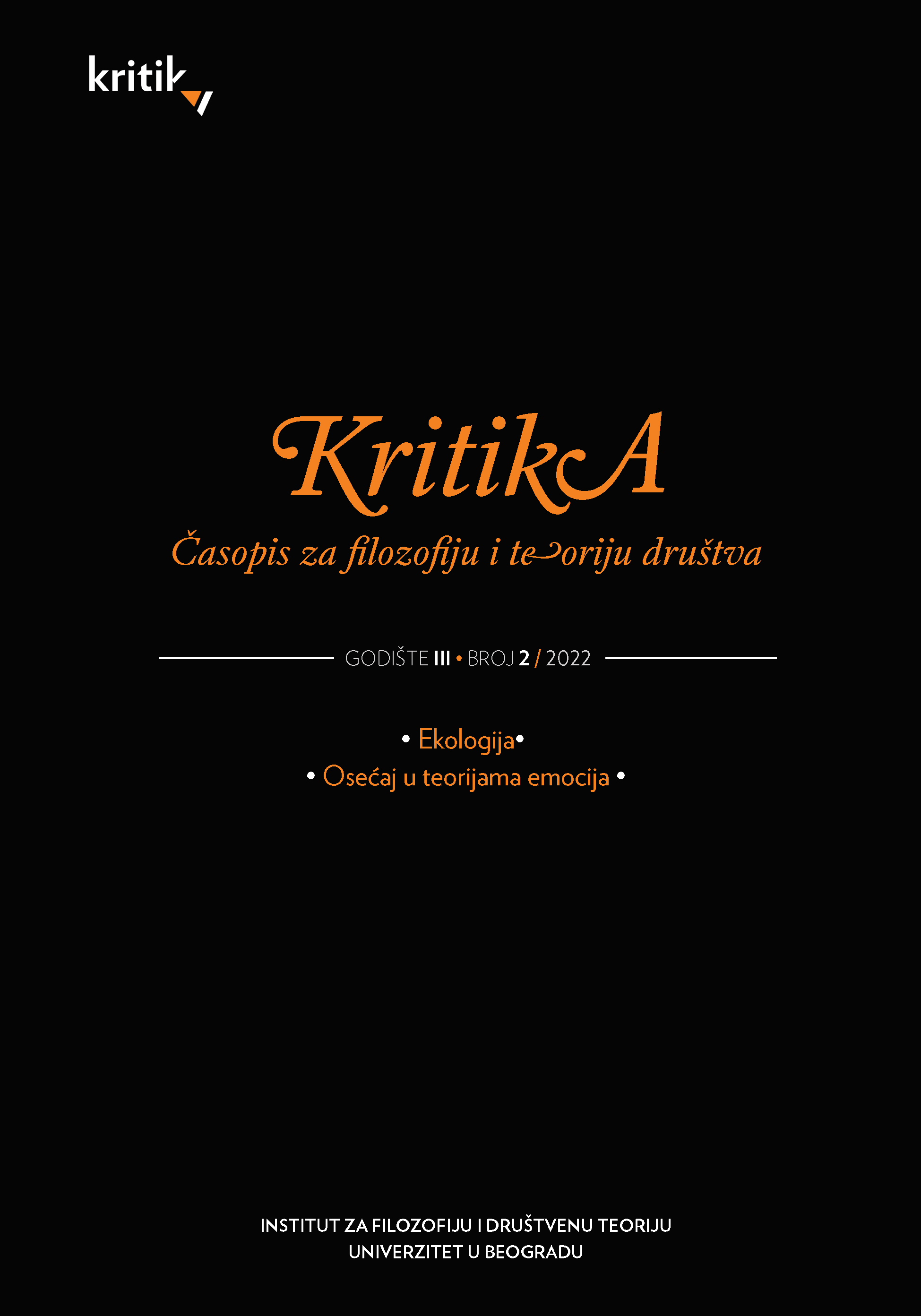KRITIČKI PRIKAZ UČEŠĆA GRAĐANA U ENERGETSKOJ TRANZICIJI KROZ ENERGETSKU DEMOKRATIJU I GRAĐANSTVO: INSTITUTI KUPCA-PROIZVOĐAČA I ENERGETSKE ZAJEDNICE OD TEORIJE DO PRAKSE U REPUBLICI SRBIJI
CRITICAL OVERVIEW OF THE CITIZENS PARTICIPATION IN THE ENERGY TRANSITION THROUGH THE ENERGY DEMOCRACY AND CITIZENSHIP: INSTITUTES OF PROSUMER AND ENERGY COMMUNITY FROM THEORY TO PRACTICE IN THE REPUBLIC OF SERBIA
Author(s): Varvara Aleksić, Biljana GrbićSubject(s): Energy and Environmental Studies, Political Ecology
Published by: Institut za filozofiju i društvenu teoriju
Keywords: Energy democracy; energy citizenship; energy transition; prosumer; energy community; citizens participation; European Union; Serbia
Summary/Abstract: In the fight against climate change, everyone, both natural and legal persons, feels the consequences and bears the responsibility. Having in mind the increasing impact of climate change on the environment, the pressure is growing on the energy sector, as the most responsible for greenhouse gas emissions, while, on the other hand, households and individuals are wondering how they can contribute and reduce the impacts they have on the environment in their daily life. The energy transition fundamentally changes the paradigm of the centralized energy sector and introduces the challenge of decentralization and required changes at different levels, with the final aim of protecting the environment. Through the concepts of energy democracy and citizenship, the institutes of prosumer and energy community have also evolved. While in countries across Europe, these institutes have been applied for more than 20 years, in Serbia, only the latest amendments to the law in the field of energy in 2021 enabled citizens to install solar panels on their roofs and deliver surpluses to the grid. In theory, this means that citizens, individually or jointly, produce electricity and thereby directly contribute to the energy transition and reduce their electricity bills. In practice, the actual contribution of citizens depends on the regulatory setting, which can cause numerous challenges. This research aims to present how these institutes are defined in the European Union legislation, provide a critical review of their current implementation in Serbia, and present challenges and discuss opportunities for their improvement. The methods used in this paper are literature review, comparative analysis of institutes and informal, unstructured interviews with experts. The research results show that, although new, these institutes greatly interest the professional public and citizens. At the same time, their application in practice reveals the legal system’s shortcomings and poor understanding and participation of citizens in the energy sector, which affects the course and speed of the energy transition in Serbia.
Journal: Kritika: časopis za filozofiju i teoriju društva
- Issue Year: 3/2022
- Issue No: 2
- Page Range: 275-298
- Page Count: 24
- Language: Serbian

